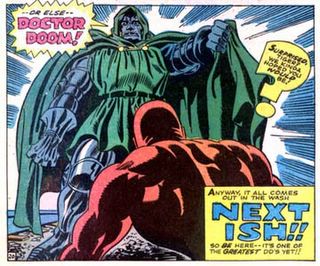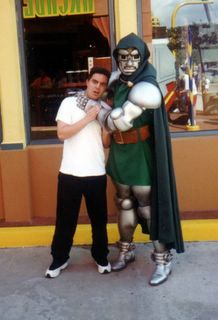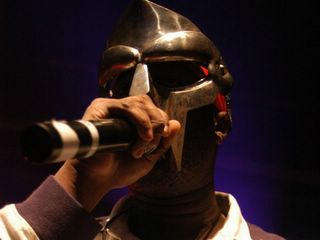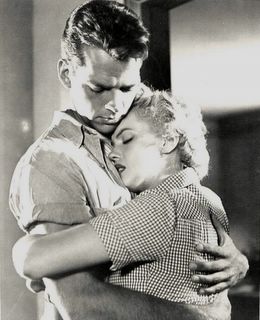Where Were You..When We Built the Ladder to Heaven?
Oliver Stone for some reason is making a 9/11 film with Nicholas Cage. Cage will play Sgt. John McLoughlin, a real Port Authority policeman who was the last person rescued out of the World Trade Center before it collapsed.
They certainly sound serious in the press release on Aint It Cool News, talking about the need for a responsible and appropriate cinematic response to such an obscene tragedy.
Brad Grey, chairman and CEO of Paramount Pictures Motion Pictures Group, said, “This is a moving, personal story of courage and perseverance. The individual heroism and the collective human spirit portrayed in this project is storytelling at its finest. We feel fortunate, proud, and an enormous sense of responsibility making this movie at Paramount.”
And getting Oliver Stone to do it, rather than some studio lackey who would be easier to control and manipulate, does indicate that they're not trying to churn out a quick tearjerker that will pry $7 out of the simple-minded at the box office.
But still...is this movie neccessary right now? Isn't it a little soon to be dealing with 9/11 as an event head-on?
Permit me to clarify. I don't think there's anything wrong with raising terrorism or the World Trade Center as an issue in a movie, of having the subtext of a post-War on Terror world in the background. I thought the way Spike Lee handled the 9/11 references in The 25th Hour were masterful, and even this summer's War of the Worlds, which I very much enjoyed, was always aware of the real destruction that faced Americans a few years prior.
But to come right out and make the 9/11 movie, to faithfully depict the imagery of that day and present it, however sincerely, as a piece of entertainment...well, I don't quite know if 4 years is enough time. We don't have a lot of perspective on 9/11 yet - it's still too fresh in our minds. A filmmaker has to contend with the visceral impact those real images still have for Americans.
Think about it...Whenever you see that video clip of the second plane smashing into the tower, and the plume of flame erupting out of the other side, don't you get a lump in your throat? Don't you still feel a bit weird, almost reliving the paranoia and haziness and confusion of that day? I do. I bet most Americans do as well.
So now, Oliver Stone has to recreate that in some meaningful way for a Nicholas Cage film...I'm not sure any filmmaker is up to that challenge. What do you do? You either recreate the image, like with CGI, of a plane smashing into the World Trade Center, which has no chance of looking anything like the reality of the situation, or you just carefully avoid showing that image at all in the movie. Either way, it's distracting from any sort of drama you're going to try and create.
I feel like, maybe in 2010 or so, we'll be ready for an honest American movie about 9/11. Stone didn't made Platoon until 1985, almost ten years after our military's exit from Vietnam, and that seems to me to be a reasonable-enough timeline for the sort of raw honesty he's likely to bring to a project.
Oliver Stone said, “Andrea Berloff’s screenplay is one of the best that’s ever come to me out of the blue – I guess like that day. It walloped me – and many others – with its emotion and simplicity. Clearly, it’s a work of collective passion, a serious meditation on what happened, and carries within a compassion that heals. It’s an exploration of heroism in our country – but is international at the same time in its humanity.”
So, this will probably more be a patriotic exploration of American heroism (from Oliver Stone????) than an actual movie taking up the issues of 9/11. Which is fine, I suppose, although then you do get into a situation that might be considered exploitation. I mean, if you're just using 9/11 to make a movie about brave Americans, it kind of cheapens the entire exercize. If you want to artistically recreate Ground Zero, hey, go for it, but you better have something really special and insightful in mind...

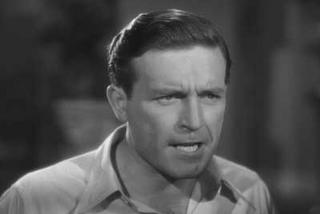
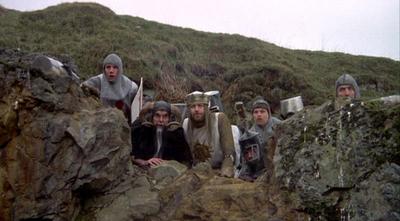 Only the greatest comedy troupe of all time! John Cleese, Terry Gilliam, Terry Jones, Michael Palin, Graham Chapman and Eric Idle helped to forge the modern concept of absurdist humor with their deft blend of bawdy slapstick and sophisticated, satirical wit. Their show, "Flying Circus," changed television and their films, particularly Monty Python and the Holy Grail, rank among the most brilliant comedies of all time.
Only the greatest comedy troupe of all time! John Cleese, Terry Gilliam, Terry Jones, Michael Palin, Graham Chapman and Eric Idle helped to forge the modern concept of absurdist humor with their deft blend of bawdy slapstick and sophisticated, satirical wit. Their show, "Flying Circus," changed television and their films, particularly Monty Python and the Holy Grail, rank among the most brilliant comedies of all time.




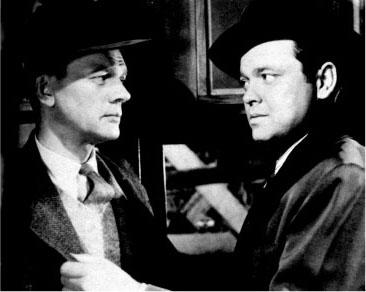
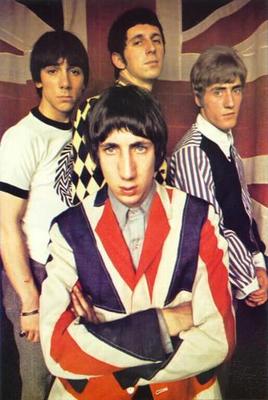

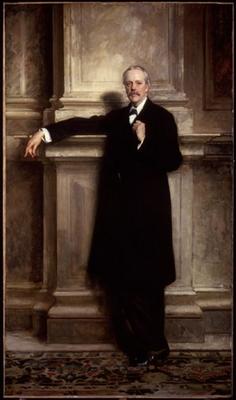 This amusing colloquialism means "all will be well," in particular that the method to obtain a desired outcome will be easy. For example, "If you want to rent a video, just head over to
This amusing colloquialism means "all will be well," in particular that the method to obtain a desired outcome will be easy. For example, "If you want to rent a video, just head over to 

